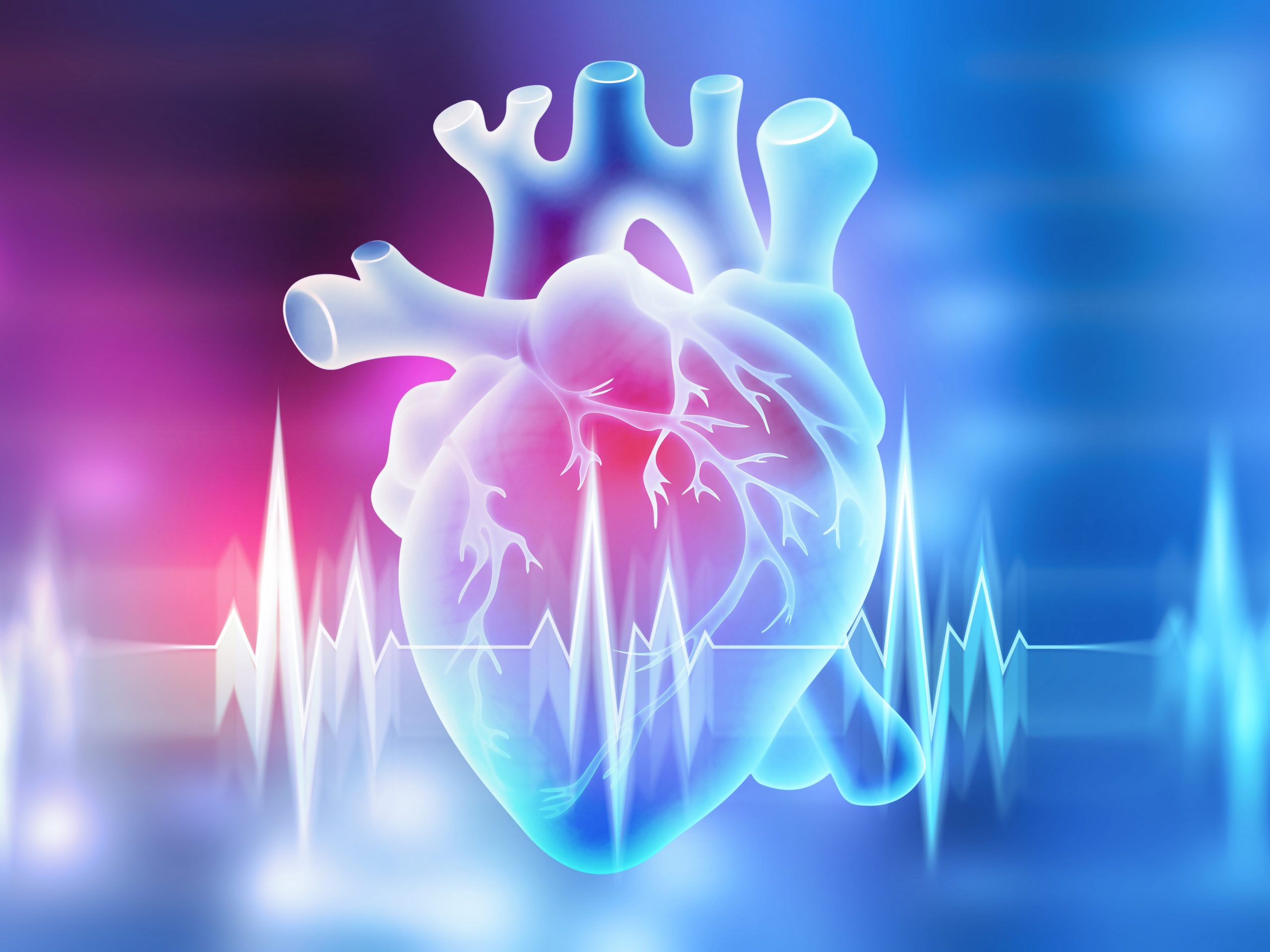The Role of Lifestyle Factors in Myocardial Recovery: Nurturing Your Heart Back to Health

Few health conditions are as widely recognized as heart attacks. And yet heart disease remains the leading cause of death in the United States. According to the American Heart Association, it was responsible for almost 930,000 deaths in the US in 2020 alone through coronary heart disease, stroke, high blood pressure, heart failure, and arterial diseases.
Sadly, many of those deaths could have been prevented. Simple, effective lifestyle changes can lead to myocardial recovery (improving heart health) and a dramatic risk reduction.
What lifestyle changes can you make? How much can they enhance myocardial recovery and reduce your risk of heart attack, stroke, and other related disease?
Exercise to Prevent Heart Attack
First, let’s tackle exercise. You don’t need to suddenly become an Olympian. Johns Hopkins recommends getting at least 30 minutes of brisk exercise at least five days a week.
That might be lacing up your running shoes and going for a jog, but “brisk” has many meanings. You could go for a swim, play a game of tennis, or just go for a fast walk. The point is to get your heart rate up and keep it up for a solid half hour during these sessions for myocardial recovery.
Want an alternative? Harvard Health notes that just 15 minutes a day of moderate exercise can make a difference in heart health. That might mean going for a quick run, hitting the elliptical machine, or an indoor bike, but there’s no need to spend hours and hours a day in heart-pounding workouts.
Your Diet Affects Myocardial Recovery
Next on our list of lifestyle changes for heart disease is diet. And understand that “diet” here does not mean a short-term weight-loss program you’ll stop when you reach a target weight. In this sense, it means the foods you eat over the long term. The standard American diet (SAD) isn’t particularly well-suited to supporting good heart health.
So, What Should You Do?
Today, the Mediterranean diet is one of the most often recommended for anyone searching for a way to prevent a heart attack from happening. It’s also recognized as one of the best diets for overall health, even if you aren’t at an increased risk for heart disease.
According to Healthline, the Mediterranean diet focuses more on fruits, vegetables, whole grains, and healthy fats from fish and nuts. It also includes a dramatic cut in processed foods, sugars, refined grains, and limited alcohol consumption. A study published in the Journals of Gerontology Series A: Biological Sciences and Medical Sciences supports risk reduction.
You don’t have to follow the Mediterranean diet for myocardial recovery. Some simple changes can cut your risks and give you plenty of freedom regarding what you put on your plate. These include:
- Reduce or eliminate red meat
- Reduce or eliminate refined grains (white bread, for instance)
- Reduce your intake of saturated fat
- Reduce your sodium intake
- Increase the amount of soluble and insoluble fiber
- Avoid processed meats with nitrates (bacon, hot dogs, deli meat, etc.)
- Watch your intake of added sugars
- Prepare more of your meals at home
Tobacco and Alcohol: Understanding Their Impact on Myocardial Recovery
Now let’s talk about two lifestyle factors that have an outsized effect on your overall cardiovascular health – smoking and drinking.
Tobacco
Smoking has significant impacts on your entire body, not just your lungs. It increases your heart rate, tightens major arteries, and raises blood pressure. The Centers for Disease Control (CDC) points out that smoking also increases plaque formation in blood vessels, leading to coronary artery disease, and that the chemicals in cigarettes thicken your blood, encouraging clotting within the veins and arteries.
Quitting smoking as soon as possible can help reduce your risk of heart attack, stroke, and coronary artery disease. It can also lower your blood pressure and heart rate, and you’ll begin to reverse the damage caused by smoking.
Don’t assume that it’s just cigarettes that cause these problems, either. Smokeless tobacco (dip in all its forms) has many of the same effects. Vaping can also significantly affect your heart health.
Alcohol
Alcohol is something of a mixed bag when it comes to heart health. There is some evidence that limited intake of alcohol supports good cardiovascular health. However, excessive drinking can lead to high blood pressure, stroke, and heart attack. Even low to moderate amounts of alcohol affect circulation, inflammation, programmed cell death, mitochondrial dysfunction, and anatomical damage to the cardiovascular system.
In Conclusion
Myocardial recovery reduces your risk of heart attack, stroke, and other cardiovascular diseases. It doesn’t have to be complicated, either. Positive changes to your diet and exercise routine, limiting alcohol intake, and stopping smoking, can all dramatically improve your risks.
Cardiac Recovery Research at the CVRTI
Drakos Lab
Several different labs at the Nora Eccles Harrison Cardiovascular Research and Training Institute are very interested in studying myocardial recovery from HF. First, the Drakos lab and clinical research team has identified molecular, cellular, and physiologic features that influence myocardial recovery after circulatory support with assist devices which has altered paradigms in the field and has generated new therapeutic approaches.
Following a bedside to bench and back approach Dr. Drakos’ research team has been using myocardial tissue findings from cardiac recovery patients to guide their basic science investigations to inhibit or overactivate these specific targets using small and large animal models. With this specific approach Dr Drakos’ research identified novel therapeutic targets for myocardial recovery: (a) MCT4 inhibition, (b) VDAC2 activation and (c) AEBP1 inhibition.
Selzman Lab
Next, the Selzman lab is interested in developing “real-world” therapies to be able to help the heart recover following injury. They have very interesting data to suggest that the use of amniotic fluid (“Mother Nature’s Cocktail)” is beneficial to the heart muscle after injury. The Shaw lab has been working on defining the paradigm of Targeted Delivery which describes how the cytoskeleton delivers membrane proteins directly to their functional membrane subdomain and why there is less delivery in failing hearts. In the process, the Lab discovered and named a new protein: cBIN1. This protein has a fundamental role in organizing the internal architecture of heart muscle cells and has important translational implications in the treatment of chronic heart failure to achieve myocardial recovery (cBIN1).
Shaw and Hong Labs
The Shaw and Hong labs have together developed a gene therapy for cBIN1 that may prove extremely favorable to HF patients. Furthermore, in the clinical research arena Drs. Drakos, Selzman and others have led in the field of myocardial recovery several studies. They published structure-function studies characterizing in detail the impact of mechanical unloading on reverse cardiac remodeling. Furthermore, they identified practical clinical predictors, including left ventricular torsion, circulating TNFα and IFNγ and myocardial microstructural changes, that effectively guide heart failure patient selection prior to guide the most appropriate therapeutic interventions.
Altogether, this body of work led to the establishment of the award-winning Utah Cardiac Recovery Program (UCAR) which is currently considered one of the leading programs in the field nationally and internationally. The cutting-edge research that is conducted at the CVRTI surrounding myocardial recovery and cardiac regeneration will pave the way for future therapies to reduce mortality rates and improve the quality of life for the greater HF community.


